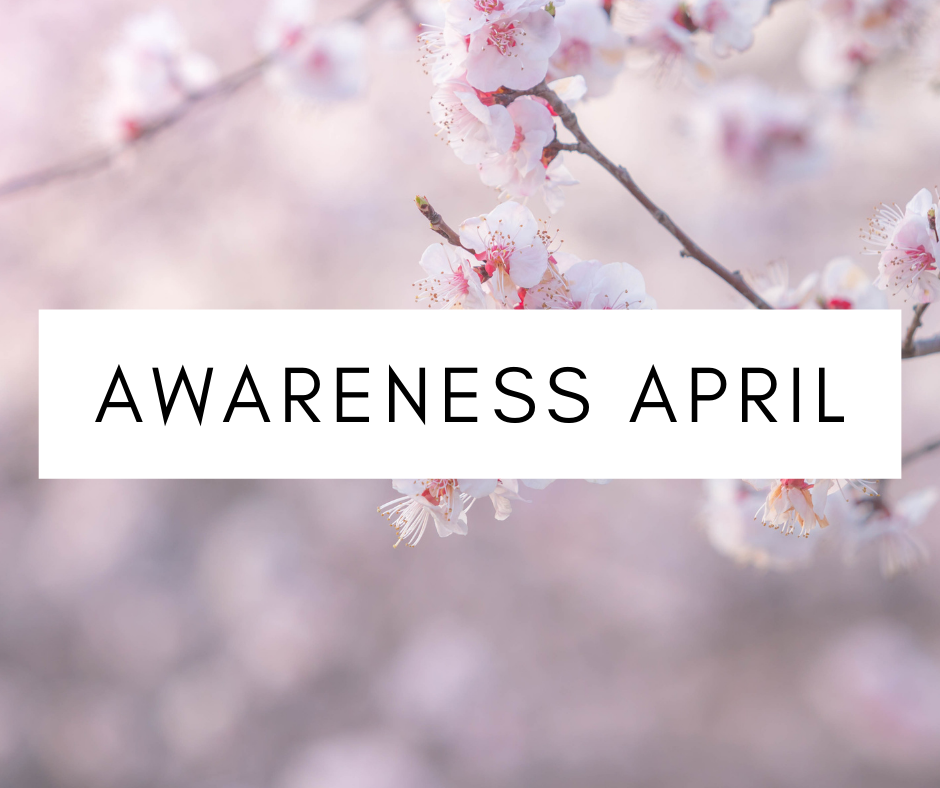
Our 7 day residential program, the Acorn Intensive, is our signature food addiction treatment program. With Awareness April coming to an end, we wanted to shed light on why the primary Intensive is such a powerful tool for your recovery, and why you should attend one as soon as possible (whether Virtual or In-Person). Below, we have compiled a list of questions that you may be asking yourself, wrapped up into 5 reasons why our Primary Intensive will help answer these questions. Not only will the primary Intensive provide you with tools to use in the short term, it will give you clear direction moving forward.
1) Food Plan
Are you confused about what to eat? Have you visited multiple nutritionists and questioned yourself unable to follow the plan they give you? Are you eating uncontrollably and feel absolutely no sense of ‘willpower’ around the food? Have you been to a “food” 12 Step program and hear people talk about abstinence? What is abstinence anyway? There is a solution. Attendance at the Acorn Intensive guarantees that you will leave with a food plan that’s personal to you, that’s easy to understand, that will ensure you reach a healthy body weight, that includes specific guidance and clarity around what to eat on a daily basis and an understanding of what abstinence truly means. Doesn’t this sound freeing?
2) Community
Do you feel alone with your food and weight problems? Do you often think you are terminally unique and nobody else feels like you do about food and your body? At the Primary Intensive this myth will be dispelled. You will be surrounded by multiple other people with food, weight and body issues just like you. Better yet, you will leave the event with an easy, accessible, and fuss-free way of keeping in touch with your group on a daily basis. Long-lasting friendships are born here. You will also gain access to a strong support network of ACORN alumni.
3) Clarity
Are you questioning if you are a food addict? Do you feel shame about your eating because you believe that the strength of your willpower is why you can never follow a ‘diet’? Do you believe your issues with food are all your fault? At the ACORN Primary Intensive we will provide clarity around what it means to be a food addict. We will give you information regarding the common myth around food addicts having a ‘lack of willpower’. We will help you explore the methods you have tried to control your food and weight with opportunities to share and collaborate with other people in your process group. By the time you leave the event you will have a deeper understanding of food addiction and where you may fall on the food addiction spectrum.
4) Emotional Work
Do you feel numb? When people ask how you’re feeling do you often respond ‘good’ or ‘okay’ or ‘bad’? If you were to ask yourself how you’re feeling at this very moment reading this article… do you have trouble coming up with a response? At the Intensive we will help you identify and work through emotions that are often difficult to access and identify. You will be given the opportunity to identify your emotions multiple times throughout the day. Addicts often have trouble identifying and accessing their emotions. At ACORN we believe learning to do this is an important part of long term food addiction recovery. When you leave you will have a better understanding of your emotions.
5) Action Plan and Self-Care!
Do you tell yourself that there is no way you can leave your life, your family, your job for 5 days to travel to an ACORN Primary Intensive? What if we told you your life depended on it? When was the last time you took time for yourself? Food addiction is a disease with very deep levels of denial. Because of this, at ACORN we believe that your complete, 100% full attention must be devoted to recovery in these 5 days. Imagine the impact that recovery could have on your life once you return home after only 5 days. And think about how long you have had issues with food and weight…5 days is really not that long in the grand scheme of things! You will leave the event feeling refreshed and detoxed. You will also leave with a FULL recovery action plan including: how to return back to your previous life with a fresh perspective on food addiction and your individualized recovery needs.
Whether it is Virtual or In-Person, all of these 5 reasons are extremely valuable and will set you up for long term success with your recovery. So with all of that said, what are you waiting for?




